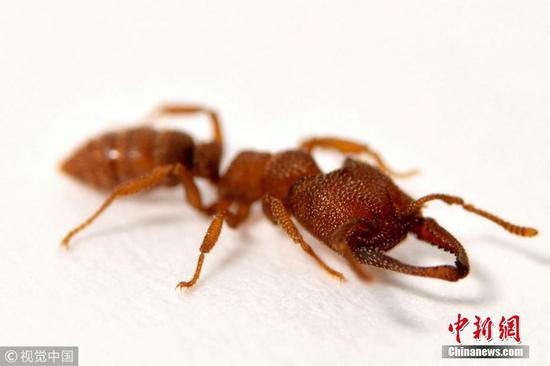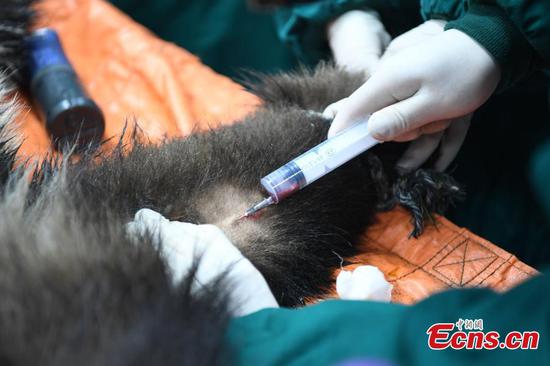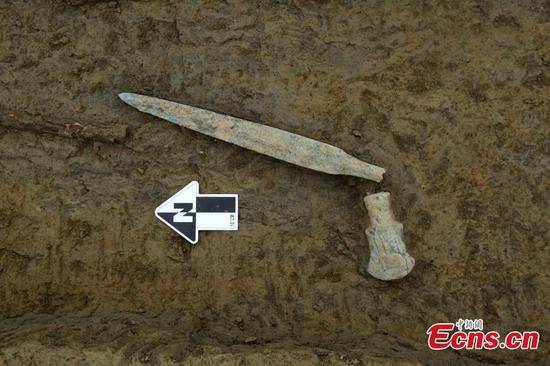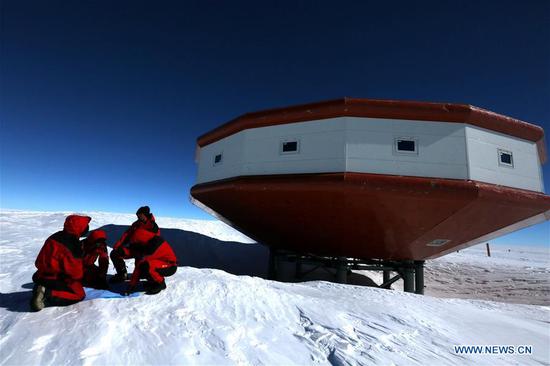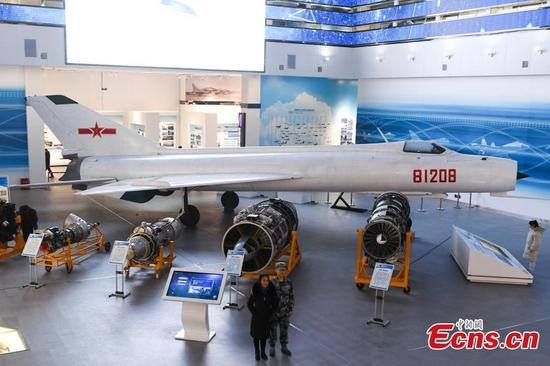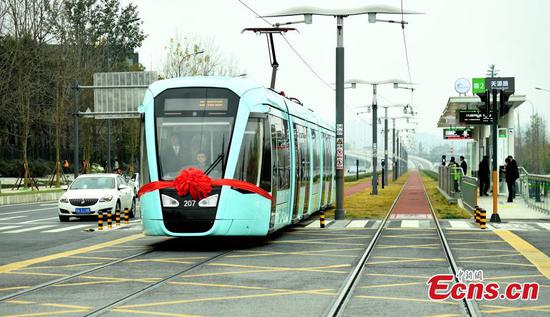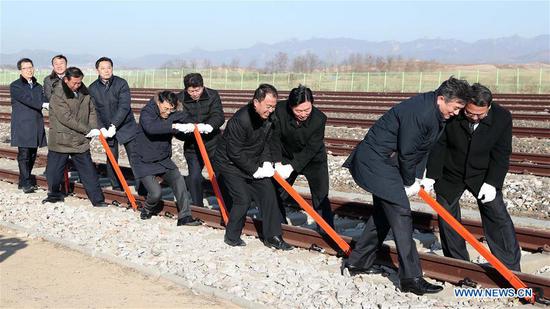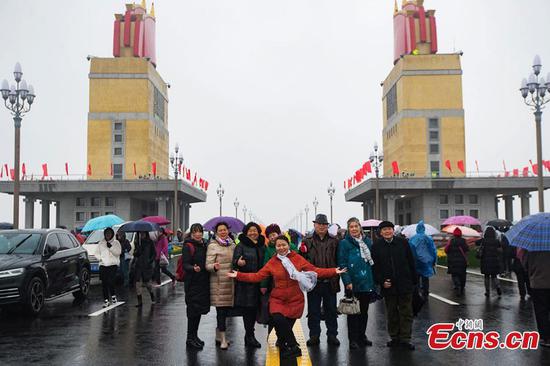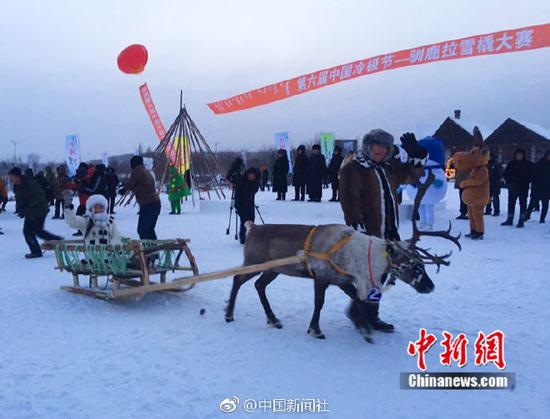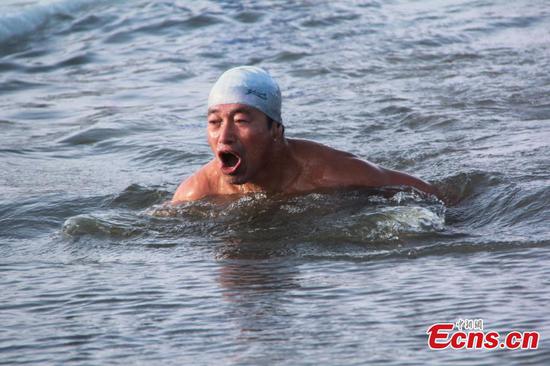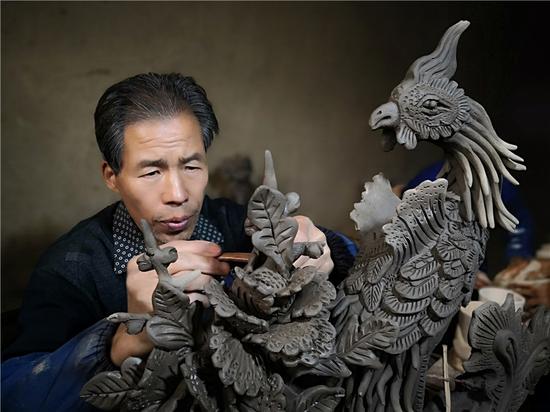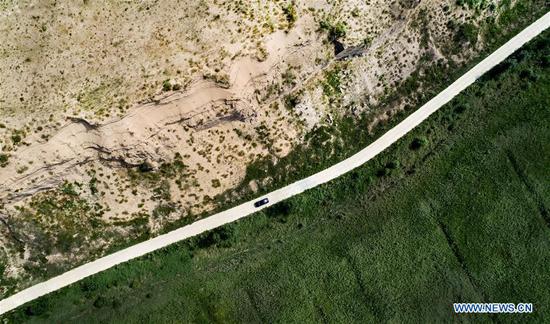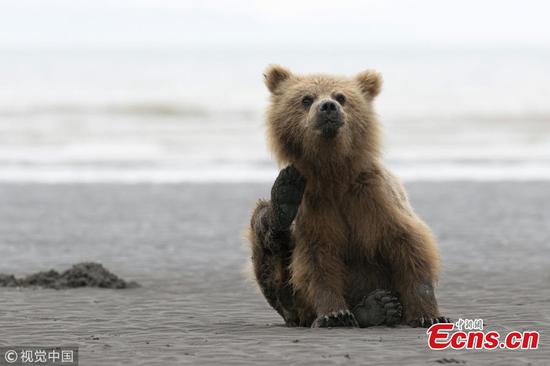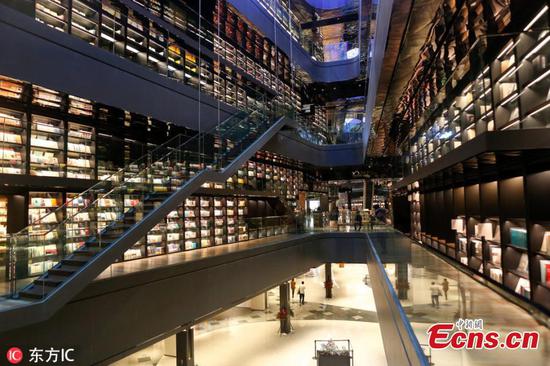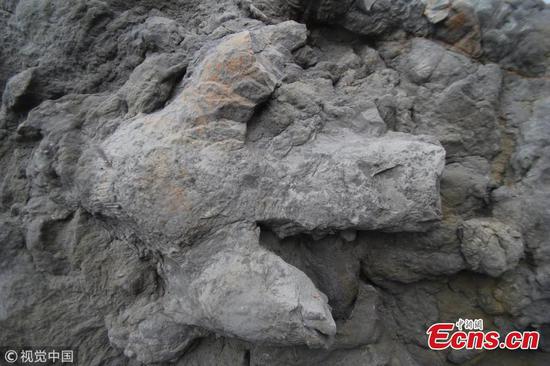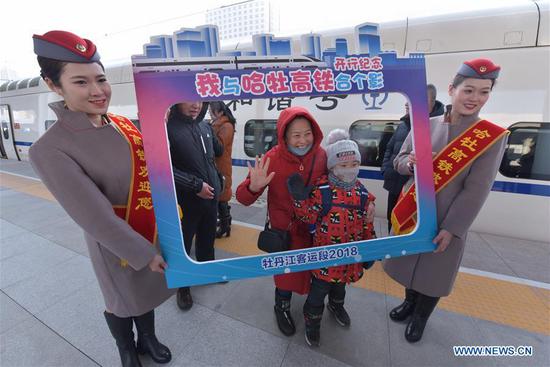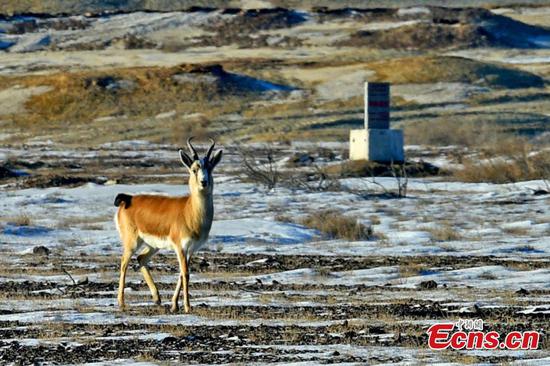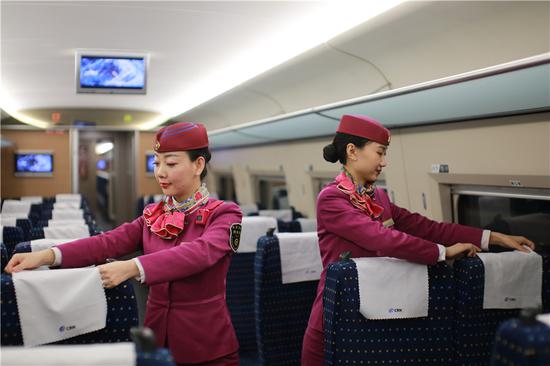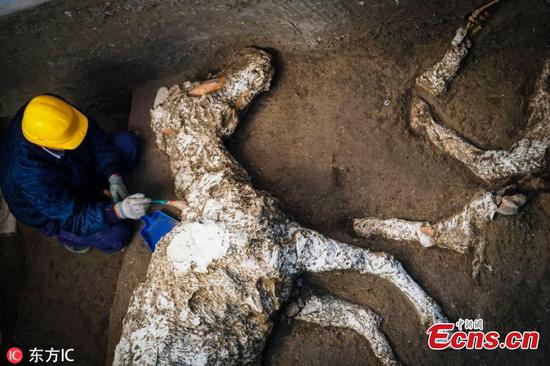
Workers inspect car bodies on an electronic vehicle assembly line in Rugao, Jiangsu province. [Photo/Xinhua]
The integrated development of the delta region was elevated to a national strategy, and its further integration is part of the blueprint to improve reform and opening-up announced by President Xi Jinping during the China International Import Expo in Shanghai in November.
The announcement signified that development of the region, which contributes more than 20 percent of GDP and is home to 10 percent of the country's population, will be fast-tracked.
Zhang Haohan, Party chief of the Jiangsu Federation of Social Science Association and director of the Yangtze River Delta Regional Joint Research Center, said, "In the light of Xi's strategic requirements and the report of the 19th National Congress of the Communist Party of China, the delta region will place more emphasis on innovation, including economic development and science and technology."
Lyu Yong, deputy Party head of the Zhejiang Institute of Advanced Technology in Jiaxing city, said that since 2004 the Chinese Academy of Sciences has played an indispensable role in the many scientific breakthroughs and their applications in the delta region. The institute is responsible to the academy.
"Private business is being developed in the delta region, but it is a part of the grassroots economy and lacks technical support for continued prosperity. CAS responded to the call to inject intelligence into local development," Lyu said, adding that the institute was established in 2004 and was the first joint venture between the academy and a Chinese city.
"CAS has made many technological achievements that can be industrialized, Jiaxing can provide the platform to transform research results, and the technologies can be exported to the delta and the country," he said.
Lyu added that 24 projects in fields such as communications, new materials, modern agriculture, and the green chemical industry, have been established and two unicorn enterprises in information technology and wireless sensing have emerged. A unicorn refers to any tech startup that reaches a $1 billion market value as determined by private or public investment.
Lyu said the institute has close connections with the 12 CAS branches in Shanghai, where 13 key State laboratories and more than 500 new research and development projects are set up annually.
"In the first half of this year, we invited 35 senior CAS experts from branches in Shanghai to our institute, and two contracts for joint venture projects were signed," he added.
You Jianhong, assistant to the director of the institute, said such collaboration and transformation has also spurred local economic development.
"Last year, the institute saw output value of more than 20 billion yuan ($2.9 billion) and tax revenue for Jiaxing that exceeded 1.7 billion yuan," he said.
Huang Zhengren, director of the Ningbo Institute of Materials Technology and Engineering, affiliated to CAS, said one of the reasons the institute was established in Ningbo was because industrial production materials account for a large proportion of the city's industries.
"At the same time, the institute has an enormous network, including the other CAS branches and complete industrial chains within the delta, as support," he said. Huang added that its clients include the Shanghai Microsatellite Engineering Center, the General Electric Co and other private enterprises throughout the delta region.










